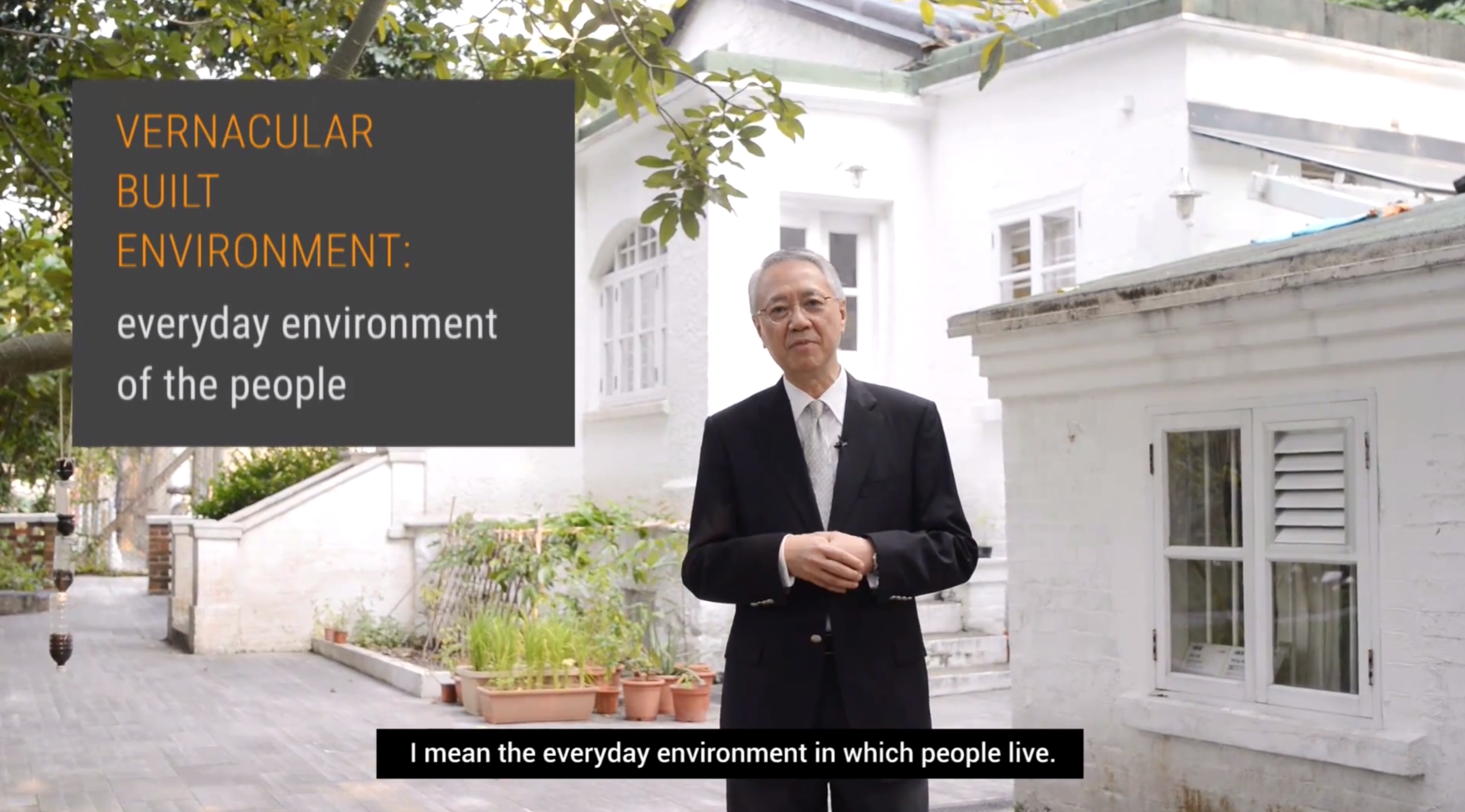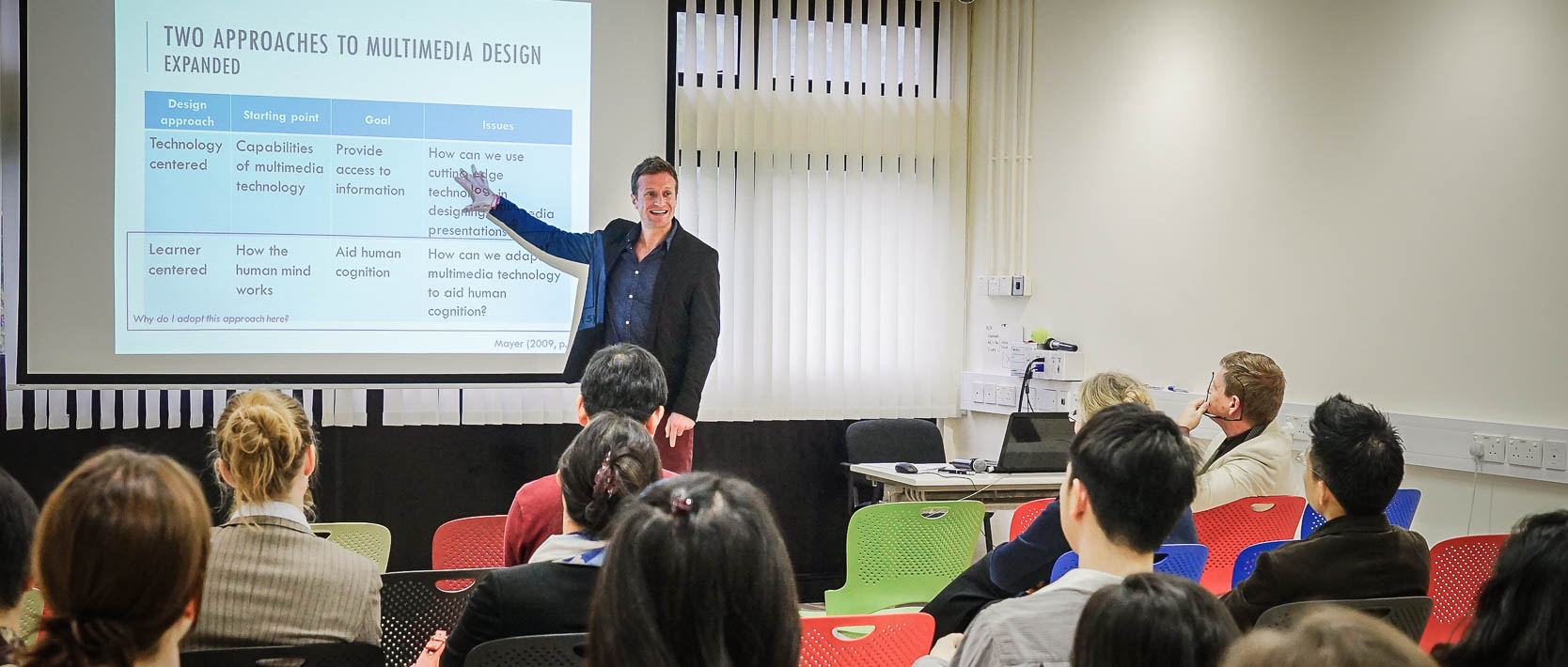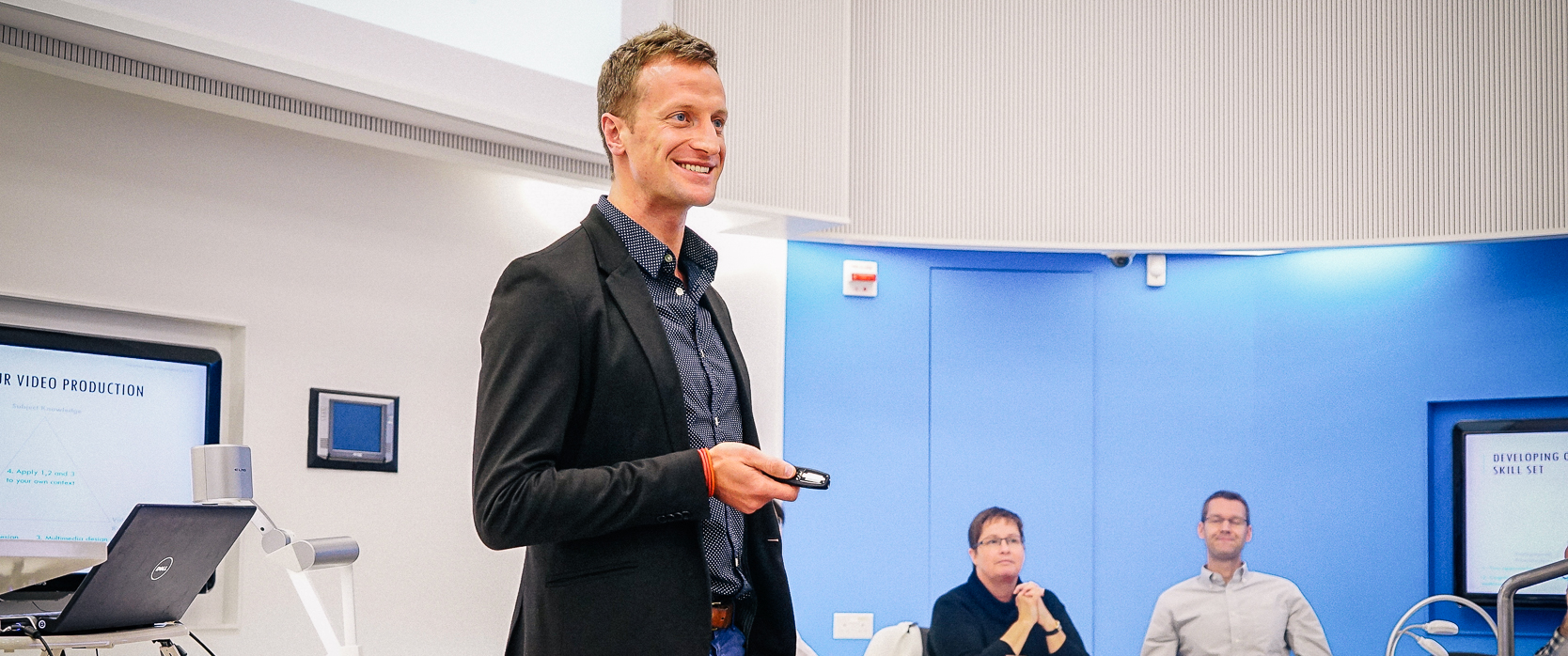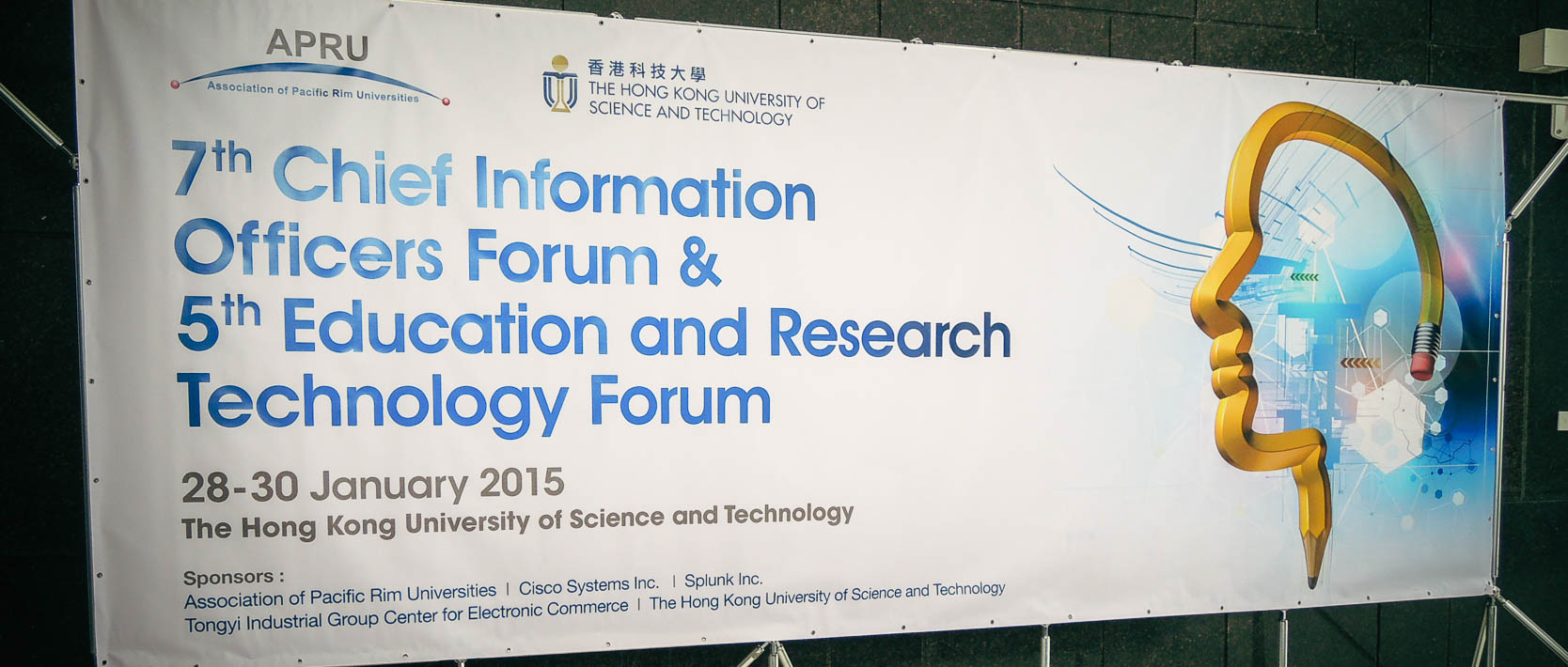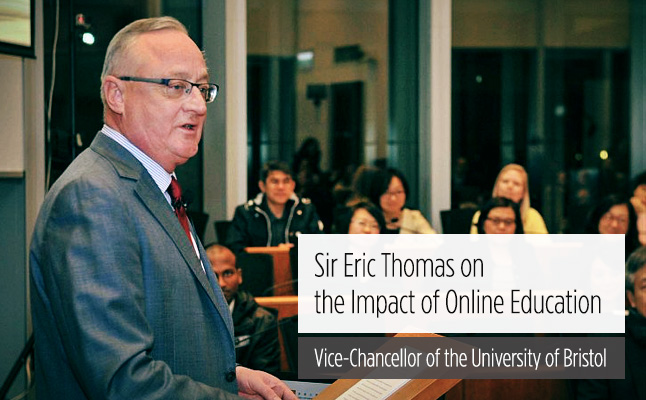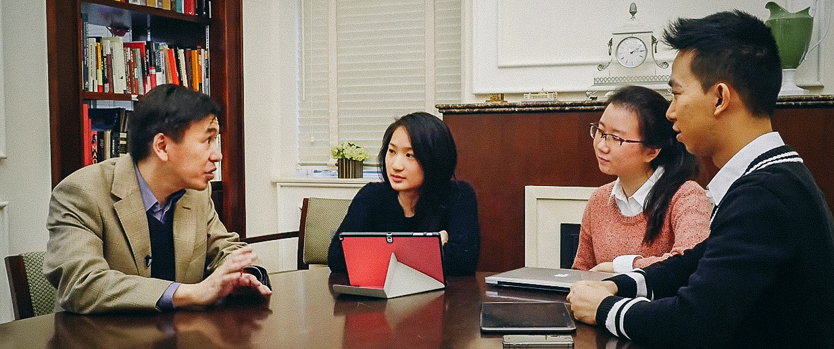Guest blogger series: Grahame Bilbow on Coursera Partners Conference 2015

 Professor Grahame Bilbow has been Director of the Centre for the Enhancement of Teaching and Learning (CETL) since May 2013. Prior to this, he was an Assistant Director of the Higher Education Academy (HEA) in the UK, with responsibility for the Arts and Humanities. In recent years, Grahame’s interests have turned to the quest for quality in teaching and learning in higher education internationally.
Professor Grahame Bilbow has been Director of the Centre for the Enhancement of Teaching and Learning (CETL) since May 2013. Prior to this, he was an Assistant Director of the Higher Education Academy (HEA) in the UK, with responsibility for the Arts and Humanities. In recent years, Grahame’s interests have turned to the quest for quality in teaching and learning in higher education internationally.
The Coursera Partners Conference was a great opportunity to learn more about Coursera, their vision and their strategic priorities, and to meet many of their partners.
Specialisations: the answer to the problem of scalability?
A recurrent theme at the Conference was to do with the ‘scalability’ of MOOCs: their capacity to grow in a planned and efficient manner. At the moment, MOOCs tend to spring up in an organic way, and are largely disconnected from each other. In the interests of scalability and future revenue-generation, Coursera are becoming interested in the development of so-called MOOC ‘specialisations’: sequences of interrelated courses that culminate in a capstone project that only course completers are eligible to take.
What do specialisations look like?
Specialisations tend to consist of a number of MOOCs that are shorter than standard individual MOOCs. According to Coursera, nearly half the learners they surveyed expressed a preference for specialisations that consisted of three or four MOOCs, each of four weeks’ duration separated by one or two weeks, leading on to a capstone experience. An example of a specialisation is the Modern Musician specialisation designed by Berklee College of Music in the United States, which consists of three short MOOCs followed by a capstone project.
How do learners react to specialisations?
Coursera’s research suggests that there is a widespread preference among MOOC takers for specialised MOOCs of this type. It appears that the rates of course completion and verified certificate conversion are both higher among takers of specialisations than among takers of individual MOOCs, and this translates into higher revenue. What appears to appeal to learners about specialisations is the fact that the content of MOOCs can be more comprehensive and cohesive and have clearly aligned learning outcomes. This knowledge can then be applied in practice in the capstone – something that also appeals to employers. Specialisations can also involve collaboration across training providers, and this can result in more broad-based learning that appeals to learners and employers alike.
So, what’s in it for us?
Specialisations are of interest to the Centre for the Enhancement of Teaching and Learning (CETL) at the University of Hong Kong. The MOOC we are planning in Teaching and Learning in Higher Education could quite easily be broken up into a number of three-four week modules dealing with discrete topics such as instructional design, student learning styles, assessment for learning, and so on, and include a capstone project which would require takers to apply what they have learnt to their own real-world teaching and learning situations. I am optimistic that such a modular specialisation course with integrated capstone would be of interest internationally; however, it might be of particular interest in a regional context, among teachers in higher education in Mainland China and elsewhere in East Asia.


